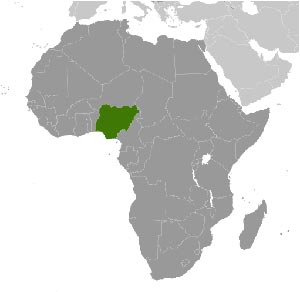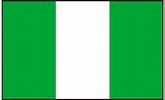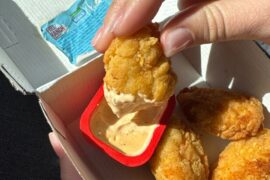Heightened enforcement of the Nigerian federal government’s prohibition of frozen turkey and chicken imports has resulted in a 35% rise in prices for poultry products in the Lagos area, according to a July 14 report in the Premium Times. A recent market survey conducted by the News Agency of Nigeria (NAN) was cited as the source of price information, along with supplemental data gathered from visits to coldstores where stocks were found to be in very short supply.
 “Although it is still available at Ijora market, being the hub of frozen food items, the availability is in limited quantity and the price has increased,” said Afusat Popoola, Iyaloja (market leader) of Ajeromi Ifelodun. “The present situation will not only affect turkey and chicken, but also frozen fish.”
“Although it is still available at Ijora market, being the hub of frozen food items, the availability is in limited quantity and the price has increased,” said Afusat Popoola, Iyaloja (market leader) of Ajeromi Ifelodun. “The present situation will not only affect turkey and chicken, but also frozen fish.”
While the ban on frozen poultry imports has been in effect for more than a decade, its enforcement is said to have been relatively lax until recently.
In a post on the Premium Times website, Chudi Okonkwo asserted: “OBJ (former President Olusegun Obanjo, a former president of Nigeria) banned the importation of frozen turkey and chicken into Nigeria in 2003 to pave the way for his Otta farm to be the sole supplier of frozen chicken in Nigeria. Nonetheless, these products are still smuggled in from Contonou (Benin) daily. The ban should be lifted.”
Akinbiyi Adeyele, an economist, in offering a suggestion on how the problem could be tackled, commented: “We all agree that smuggling is bad for the country’s economy. The government should create a form of intervention so that those that are trading in this frozen food business will be encouraged to take up livestock production.’’
This would not only have positive effects on job creation, but would also boost the nation’s food security, agricultural sector and economy overall, he pointed out.
Power to Frozen Food Market People!
Meanwhile, as far as the Ajeromi Frozen Food Market Association is concerned, a more reliable supply of electricity is needed if food security is to be truly enhanced. Frozen food traders in Ijora-Olopa, Lagos, lost approximately N10 million worth of product to spoilage in late May, following a electric grid blackout compounded by a scarcity of petrol to power backup generators.
“We used to have many frozen food traders in this market before, but this power outage has cost them to lose their trade,” said Popoola on May 27. “Previously, when power supply was regular, we used to sell more than seven trucks of fish, turkey and chicken daily. “There is no kind of fish that one will not find in this market before, because it is the number one frozen food market. But now the poor power supply has liquidated many traders. Some of the traders that are using generating sets are spending close to N80,000 to buy diesel or petrol monthly. By the time one removes this amount from monthly sales, you discover that you’ve spent a good part of your profit to buy diesel.”





